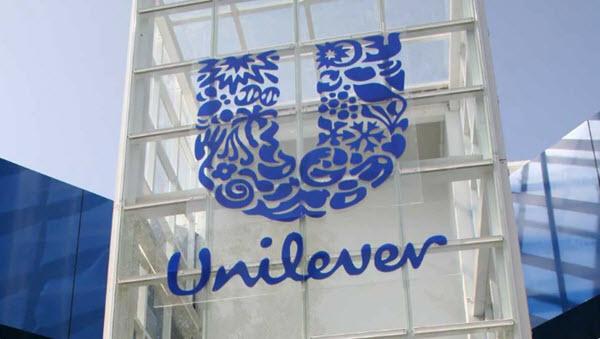
Earlier this month, for the third year in a
row, Unilever was ranked the most effective global marketer in the prestigious annual Effie Index. That made six times that it’s been ranked #1 since 2011. Last month, the company also won
WARC’s Most Effective Advertiser award for the fourth time.
“The case for putting purpose at the core of our brand communications is getting stronger and proves that effective
advertising can have a real impact with people,” commented Keith Weed, Unilever’s chief marketing and communications officer since 2009, who last year announced that he will retire from
the company at the end of this month, after 35 years.
It’s no coincidence that Unilever as a whole also recently made the list of Boston Consulting Group’s Most Innovative
Companies 2019 (ranked #39). Unilever is a case study in what can be accomplished when marketing is inextricably woven into a CPG company’s overall mission and strategy.
advertisement
advertisement
Few —
including longtime Unilever CEO Paul Polman and presumably Polman’s new successor, Alan Jope — would dispute that one of Weed’s most important contributions to the company was in
helping to develop and implement the overall corporate philosophy that’s enabled Unilever to thrive despite recent years’ global upheaval. That philosophy: Companies must do more than just
sell products; they must be purpose-led — meaning committed to helping to solve global challenges.
Unilever’s recent acquisitions have underscored its focus on sustainability and
health and wellness, including the eco-friendly detergent, fabric and shoe-cleaning line The Laundress; and French derma-cosmetic brand Garancia (with “a strong positioning between natural and
science”).
And Unilever’s marketing (2017’s global spend was more than $9 billion) has been integral to conveying those emphases to consumers in meaningful ways, one brand at
a time. The most famous example is, of course, Dove’s multi-award-winning, highly effective “Real Beauty” self-esteem-building platform, which has been expanded across so many
channels, including events and workshops, since its debut in 2004.
But there are innumerable other examples on various scales, including regional shopper marketing campaigns with cause-related
themes (e.g., a Walgreens back-to-school program that tied sales of Unilever personal care products to donations of clean water to a Kenyan community, and an Ahold “Hidden Camera on
Hunger” program that donated more than a million pounds of food to Feeding America).
Asked what he views as his legacy at Unilever, Weed didn’t hesitate: “I think the whole
shift of focus toward brands with purpose, supported by real delivery around social and environmental sustainability… I think we've been able to make the business case for
sustainability,” he told Ad Age.
Weed has also been vocal and persistent in stressing the importance of quality advertising creative and trust, declaring that marketing’s
biggest challenge is to rebuild trust in advertising, and that a brand without trust is just “a product.”
On that front, he created Unilever’s Responsibility Framework
(responsible platforms, content and infrastructure); established guidelines for working with influencers; and partnered with Facebook, Google, Twitter, Kantar Media and Nielsen on a cross-media
measurement model to achieve investment transparency and better online experiences for consumers.
Just last month, he announced the latest extension of this push: Unilever Trusted Publishers,
a network of global, regional and local online publishers and platforms that will agree to be held not just to the company’s viewability, verification and value standards, but go through
stringent checks in regard to ad fraud, online brand safety, ad experience, traffic quality, ad formatting and data access. Eventually, Unilever intends to use this network for most of its advertising
spend, working with media agencies.
“We’ve been clear for years about what we want to see online: more consumer trust through greater publisher transparency, more effective use of
time and money, and better online experiences for everyone,” Weed summed up. “As the world’s second largest advertiser, we have been able to leverage our scale for effectiveness and
efficiencies, and we have also been able to leverage our scale for good, leading to greater responsibility, transparency and accountability in the advertising and digital industry.”
Weed
also led an efficiency initiative that resulted in Unilever cutting its roster of agency partners in half and brought production in-house through the company’s U Studios, to enable shifting fees
and production money to media buys. He led diversity efforts, and helped the company develop some of the world’s most sophisticated digital marketing and data capabilities.
In recent
times, the company’s focus has been on harnessing the power of artificial intelligence in marketing and nearly all key operational areas (the subject of Part 2).
Interestingly, The
Drum has reported rumors (unconfirmed) that Unilever may not name a new global CMO to succeed Weed, but instead restructure the marketing department — perhaps to take a more regionalized
approach, a la the Coca-Cola Company’s new setup.
Maybe we’ll know more in time for Part 2.